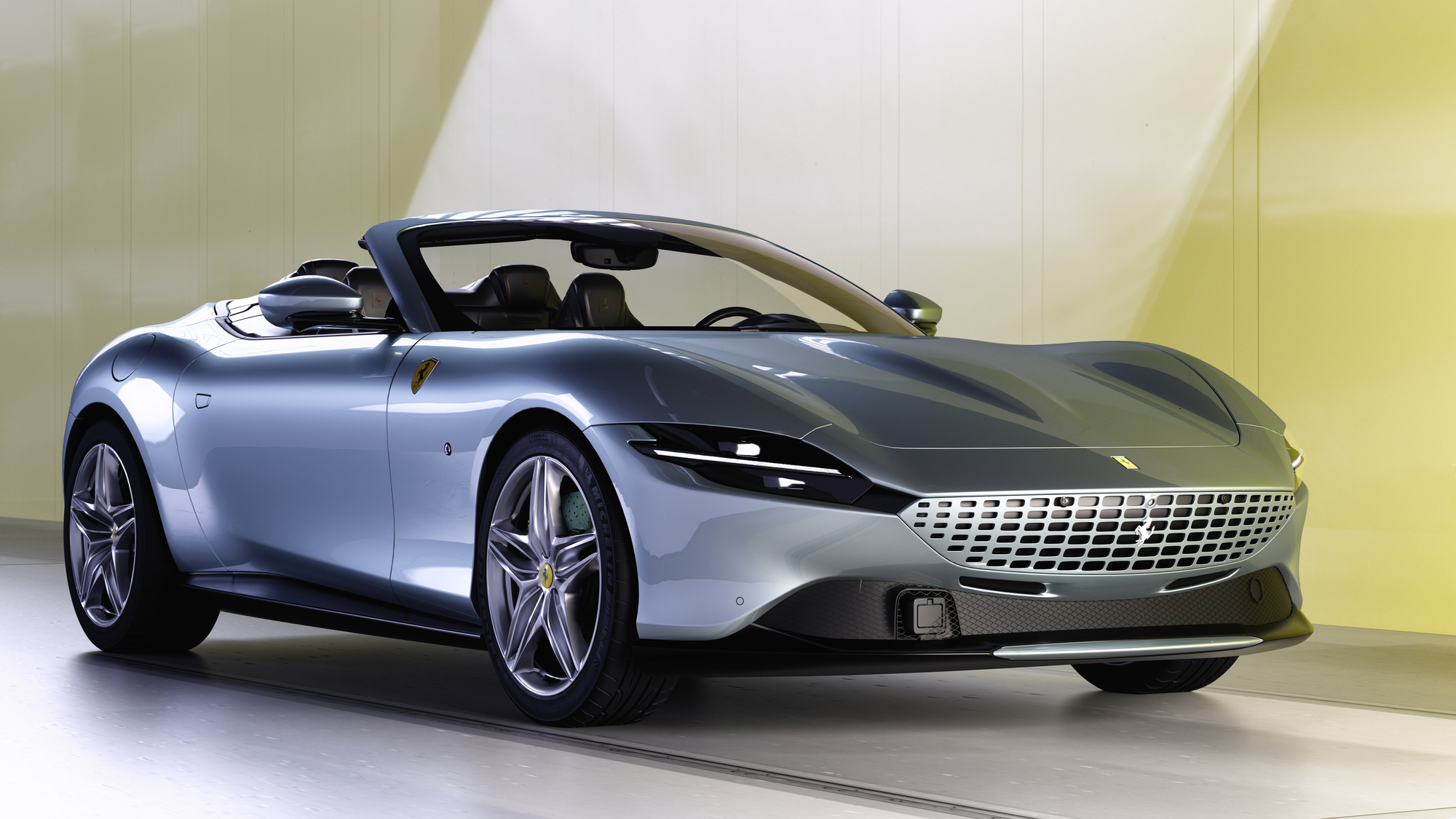Car industry is squeezing the middle class, says Jaspreet Singh

There’s an undeniable allure to driving a brand-new vehicle, a feeling of safety, security, and status that many aspire to. However, the car industry is increasingly squeezing the middle class, making it harder for them to build and maintain wealth.
In a series of eye-opening videos, Jaspreet Singh, the personal finance guru behind the popular YouTube channel Minority Mindset, revealed how challenging it has become for middle-class Americans to afford new cars.
The story doesn’t end with affordability. Even when people can’t afford something, it doesn’t always stop them from making the purchase.
Rising monthly costs of car ownership highlight how the industry continues to pressure middle-class Americans. Society’s emphasis on appearances—encouraging investment in clothing, watches, and cars to signal success—compounds this pressure.
Car = liability
Today, one in five car payments exceeds $1,000 a month. Singh points out that cars are liabilities. When you finance a car, you’re paying interest on an asset that depreciates quickly. Even the best cars have a limited lifespan and start losing value the moment you drive them off the lot.
This depreciation drives many to consider used cars, but that comes with its financial trap. As of May 2024, the average interest rate on used car loans stands at a hefty 11.5%, compared to 7.3% for new car loans. This means buyers are stuck choosing between expensive new cars that lose value rapidly or more affordable used cars with steep interest rates.
How the car industry squeezes middle-class Americans
Car insurance is another significant expense. With every state in the U.S. requiring drivers to have auto insurance, the average monthly premium of $172 adds a substantial burden to the average middle-class paycheck.
Fuel costs further exacerbate the issue. Over the past five years, gas prices have surged from $2.83 per gallon in April 2019 to $3.77 per gallon in April 2024, with a peak of $5.05 in June 2022.
Then there are maintenance and repair costs, which, although not monthly, can lead to significant financial strain. Singh notes that these costs are climbing as well, adding to the overall expense of car ownership.
Enjoying this article?
Subscribe to get more stories like this delivered to your inbox.
So, what’s the solution? Singh advocates for paying in cash if possible. By saving up and purchasing a car outright, buyers can avoid the monthly interest payments on a depreciating asset and maintain financial stability. However, he acknowledges that many will still need to take out auto loans.
The car industry is quietly placing immense financial pressure on the middle class. Singh’s insights shed light on this critical issue, urging us to rethink our approach to car ownership and its impact on our financial health.
Cover Photo: Depositphotos
Related Stories:
Money traps the middle class must escape to achieve wealth
Ron Klain Calls for Biden to Tackle Soaring Gasoline Costs and Border Issues
Journalist
